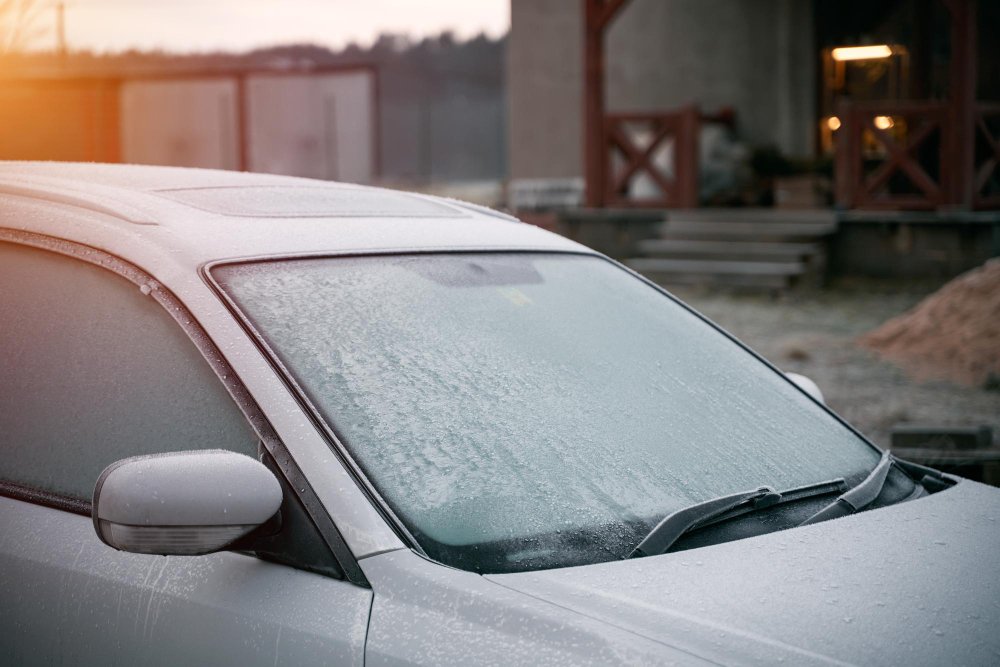Why Window Tinting Is Essential for Reducing Fading and Protecting Your Upholstery
Why Window Tinting Is Essential for Reducing Fading and Protecting Your Upholstery
Blog Article
Home Window Tinting Laws: What You Required to Know Prior To Tinting Your Auto
Recognizing window tinting legislations is necessary for any automobile proprietor considering tinting their auto. As you consider boosting your car's look and capability, it is important to realize not only the legal ramifications yet likewise the practical considerations that come with selecting the appropriate tint.
Importance of Comprehending Tint Regulations
Recognizing window tinting laws is important for lorry proprietors to guarantee compliance with state laws. These laws dictate the allowable degrees of color darkness and reflectivity, which can considerably differ from one territory to an additional. Falling short to abide by these guidelines can lead to penalties, mandatory removal of the color, and prospective issues throughout automobile examinations.
Additionally, understanding these laws helps vehicle proprietors make informed decisions about their tinting options. Various kinds of home window movies supply different benefits, such as UV security, warm rejection, and glare reduction. Nevertheless, without knowledge of the lawful restrictions, lorry proprietors risk selecting products that may ultimately bring about lawful problems.
Furthermore, recognition of tinting legislations promotes a safer driving setting. window tinting. Exceedingly dark colors can hinder visibility, raising the danger of mishaps, particularly at evening or in negative climate condition. Police also make use of these policies to make certain roadway security, making compliance not simply an individual obligation however a legal obligation
State-Specific Color Regulations
Each state in the U.S. has established its very own specific guidelines concerning window tinting, reflecting a diverse selection of requirements and demands. These laws can vary significantly, affecting just how car proprietors approach installation and conformity. For circumstances, some states enable darker colors on rear windows while enforcing strict limits on front-side windows.
Additionally, laws commonly specify allowable color products and colors. Particular states prohibit reflective tints entirely, while others might enable them to a restricted level. Some territories mandate that cars with tinted windows display a sticker indicating compliance with state laws, offering a clear identification for legislation enforcement.
Enforcement of these regulations also varies; some states are a lot more positive, performing arbitrary checks, while others count on issues or visible violations to start enforcement. Car proprietors must understand that failure to abide with state-specific color guidelines can cause penalties, compulsory elimination of unlawful tints, or both.

Lawful Color Percentages
Establishing the legal color percents is critical for lorry proprietors seeking to follow state laws. Each state has details regulations regulating exactly how much light should pass via the home windows of an automobile, which is revealed as a percentage referred to as Noticeable Light Transmission (VLT) This percent varies considerably across states and can depend on the type of home window-- front side, rear side, and windshield.
As an example, some states enable just 20% VLT on front side windows, while others might permit as much as 50%. Windshield tinting is commonly more restricted, with many territories enabling only a slim band of color on top of the windshield. In comparison, back windows generally have more lenient laws, with some states permitting darker tints.
It is necessary for automobile proprietors to familiarize themselves with their neighborhood legislations to avoid prospective legal problems. This consists of understanding just how VLT is gauged, as it can differ based my site upon the sort of home window film made use of. Remaining educated about these regulations makes certain compliance and advertises secure driving problems for both the vehicle proprietor and others on the road.
Consequences of Non-Compliance
Falling short to abide by home window tinting laws can cause significant consequences for automobile owners. The most instant effect is the potential for web traffic quits and citations from regulation enforcement. Officers browse this site trained to determine prohibited tint levels may release penalties, which can vary by jurisdiction however commonly vary from modest to substantial amounts. Repetitive offenses may cause raised penalties, including higher penalties or extra factors on a driver's permit.

Insurance coverage companies may also penalize for non-compliance, as illegal adjustments can be considered as a breach of policy terms. This might impact protection rates or result in complications in claims if an incident occurs.
Eventually, the repercussions of non-compliance prolong past immediate financial fines; they can influence a vehicle driver's insurance policy rates, lawful standing, and general vehicle worth, stressing the value of sticking to regional window tinting laws.
Tips for Deciding On Tinting Options
When picking window tinting alternatives,Understanding the effects of non-compliance highlights the significance of making informed selections. Firstly, acquaint yourself with your state's certain laws pertaining to tint darkness and reflectivity. Each state has special regulations that determine the permissible limits, so check that guarantee you stay within these guidelines to stay clear of charges.
Second of all, think about the kind of tint product. Options consist of colored, metalized, and ceramic tints, each offering differing degrees of warmth being rejected, UV protection, and durability. Ceramic tints provide premium heat resistance without interfering with digital tools, making them a popular option.
In addition, analyze your main objective for tinting. If you seek enhanced privacy, choose for darker colors; however, bear in mind that this might affect visibility during the night. Alternatively, if glow reduction and UV security are your major problems, lighter tints may be enough.
Finally, consult with a professional installer who is well-informed regarding regional guidelines and can suggest top quality materials fit to your requirements (window tinting). Taking these aspects right into account will certainly ensure you make an educated choice, inevitably boosting both your lorry's aesthetics and functionality
Conclusion
To conclude, knowledge with home window tinting legislations is necessary prior to applying color to a car. Each state imposes particular regulations regarding noticeable light transmission percents, especially for front-side windows and windscreens. Non-compliance can cause substantial charges, including penalties and mandatory removal of non-conforming color. By comprehending legal requirements and selecting ideal color products, car proprietors can accomplish aesthetic enhancement while remaining certified with appropriate laws. Adherence to these standards guarantees both security and complete satisfaction.
Understanding home window tinting regulations is crucial for any lorry owner thinking about tinting their auto.Comprehending window tinting laws is vital for vehicle proprietors to guarantee compliance with state laws. Some states allow darker tints on back home windows while imposing stringent restrictions on front-side windows.
In contrast, back home windows normally have extra lenient guidelines, with some states allowing darker colors. (window tinting)
In verdict, experience with home window tinting regulations is essential prior to using tint to an automobile.
Report this page